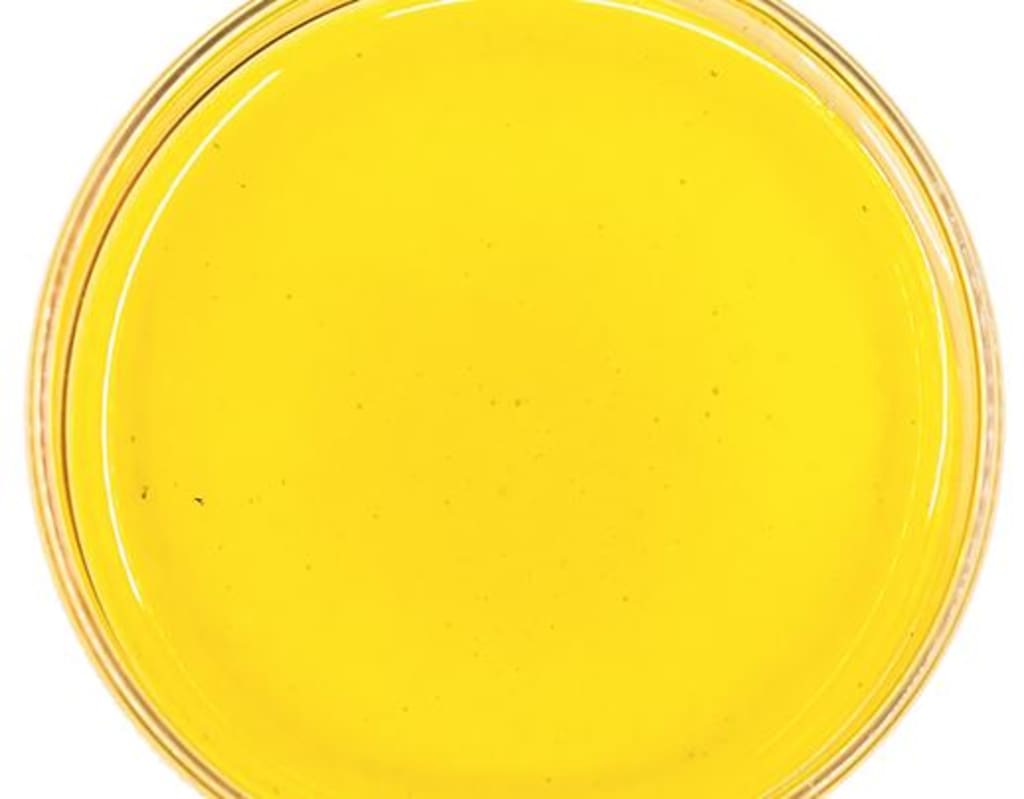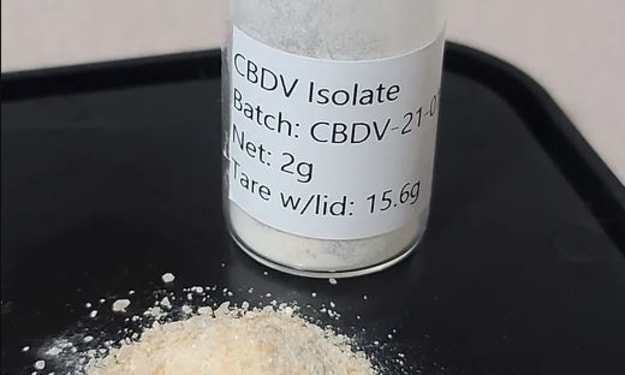Before Purchasing THCO Acetate, What You Should Know | Voluntate Shop
Describe THC-O

THCO Acetate Distillate isn't getting much attention and isn't a fantastic choice for DIY projects like CBD oil or CBD oils. You need to seek up some intriguing chemical words in order to completely understand the special characteristics of this substance.
THC-O is not recommended for most people for this reason alone. It's unfortunate since THC-O is emerging from the shadows as a suitable (and strong) alternative for recreational and medical use now that cannabis has been made legal throughout the world.
Describe THC-O
The slang term (abbreviation) for THCO Acetate is THC-O. Both THC Acetate and ATHC are other names for it. This is a lengthy list of names for a single chemical. If you want to treat yourself to a great experience, you can purchase thc flower online.
The great thing about cannabis culture, though, is that it favors succinctness over accuracy. As a result, "THCO Acetate Distillate" or ATHC will probably be seen more frequently. Tetrahydrocannabinolic acid (THCA) is the precursor chemical to THC. The term "THCA" alludes to acidity, as you may infer from the complete title. A in THCA stands for acid. Cannabis naturally contains THCA in its unprocessed state, which is then decarboxylated to produce THC. The letter "A" in ATHC stands for the word "acetate." The "A" in ATHC is the primary distinction.
The fact that ATHC can only be produced in a lab setting is another significant distinction. You cannot get the necessary equipment at a hardware shop and make a batch of ATHC in your kitchen at home. The outcome would be disastrous (that could mean flaming deaths, both girls and boys).
When comparing ATHC to THCA, pay attention to where the "A" appears in the title (in either lowercase or uppercase), as these two substances are very different from one another.
Cannabinoid
First and foremost, THC-O belongs to the same class of cannabis cannabinoids as THC, CBD, CBG, CBG, and CBN. Cannabinoids are chemical substances that interact with cannabinoid receptors in the brain in their most basic form. They are just "something" that helps you feel better and reduces your anxiety, to put it another way.
The fact that THC-O is an artificial cannabinoid is a problem (like THC and CBD). To make THC-O in a lab, several and even volatile ingredients are required. Terpenes and flavonoids, which are also helpful chemicals, are removed during this procedure, leaving only a very potent THC isolate with no smell or scent.
In its pure form, THC-O is a dark brown liquid resembling motor oil (or in its unnatural state, to be more specific). In the field of chemistry, THC-O is referred to as the "analog." An analog is a chemical that has a structure similar to another substance but is different from one specific component. THC was the substance that was produced in this case. THC-O is now a THC analog as a result.
What makes THC and THC-O different from one another?
Utilizing images is the most efficient way to understand the differences between THC and THC O. (they do speak more than a thousand words).
Although THC-O-Phosphate, a cousin of THC-O, is water-soluble, its chemistry prevents it from dissolving as quickly. Compared to the typical THC molecule, this has a slower start to its effects and less power. What could possibly motivate someone to do that? Does this imply that THC-O is also water soluble? Regrettably, no. Water does not dissolve THC-O. The same filtering procedure the body uses for other fat-soluble compounds also applies to THC-O.
Less chemicals will enter your bloodstream after ingesting THCO Acetate Distillate products as a result of such filters. However, there is some good news about the whole water-soluble/not-water-soluble debate: THC-O molecules are significantly stronger than THC that is typically smoked, dabbed, or consumed. This means that even though fewer THC-O molecules can enter your brain because of the filtering process, the small amount that does will astound you.
What is the THCO-potency?
The smallest acetate molecule is responsible for all of that! It's a fantastic method to understand the power of chemistry. You may be wondering why you would need something that powerful if you're considering becoming a connoisseur. Each individual is special, that much is obvious. The biochemistry of one person's body is different from the biochemistry of another person. THC lacks the desired medical advantages (pain reduction, anxiety reduction, anti-anxiety, etc.).
To all intents and purposes, THC-O is a different form of THC. As a result, it might excite the cannabinoid receptors in your brain in a way that conventional THC does not.
A medication called THC-O can be a good option if THC pills and THC oil are unable to provide the relief you're looking for. Because of its potential advantages for medical application, THC-O has recently generated a lot of discussion.
Study more about THC-O here
The naturally occurring extract delta-8 is a THCO Acetate derivative made from hemp and CBD (THC-O).
Compared to delta-8 and delta-10, the strain is more psychologically active. THC-O is thought to be three times more potent than regular THC (delta-cannabis).
Because THCO Acetate contains cannabis, its use is now prohibited. However, the acetylation process involves an organic reaction. THC-O thus falls under the murky region of the Farm Bill. The "Spiritual cannabinoid" is so named because some users claim to feel euphoric after using it.
There are several combinations of THCO Acetate Distillate and Delta-8. This should be anticipated. Blends can improve the experience for individuals who can tolerate marijuana.
Some of the advantages include enjoyment, tranquility, and relaxation. This is a good time to sleep.
About the Creator
Tom Latham
I Will Provide You With The Best Informative Articles.






Comments
There are no comments for this story
Be the first to respond and start the conversation.